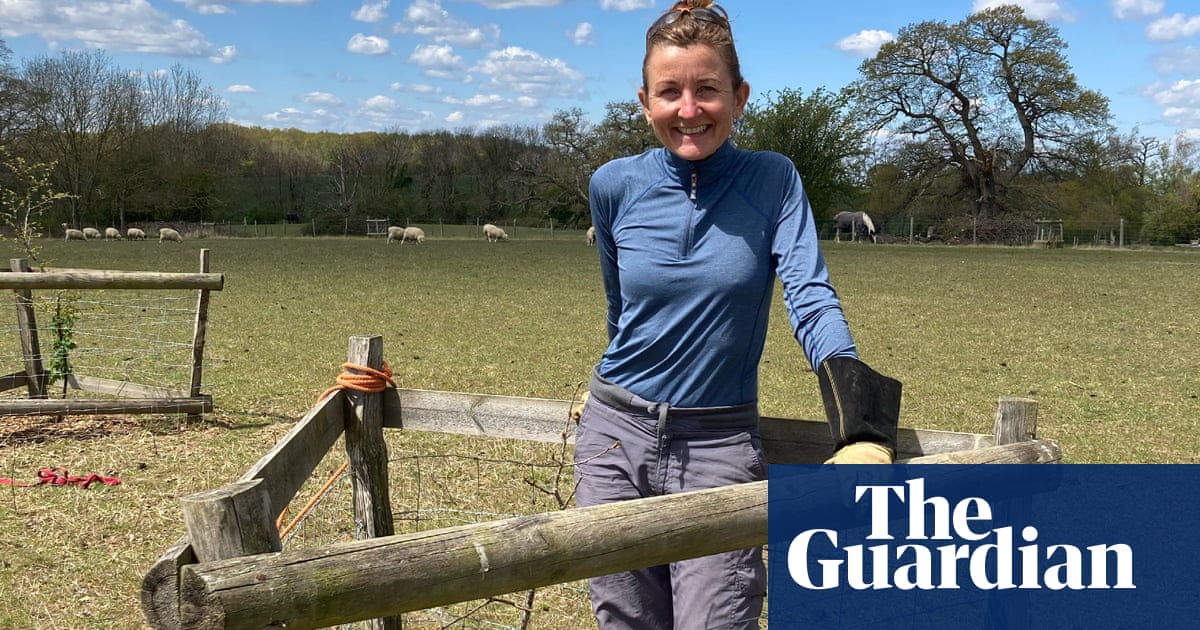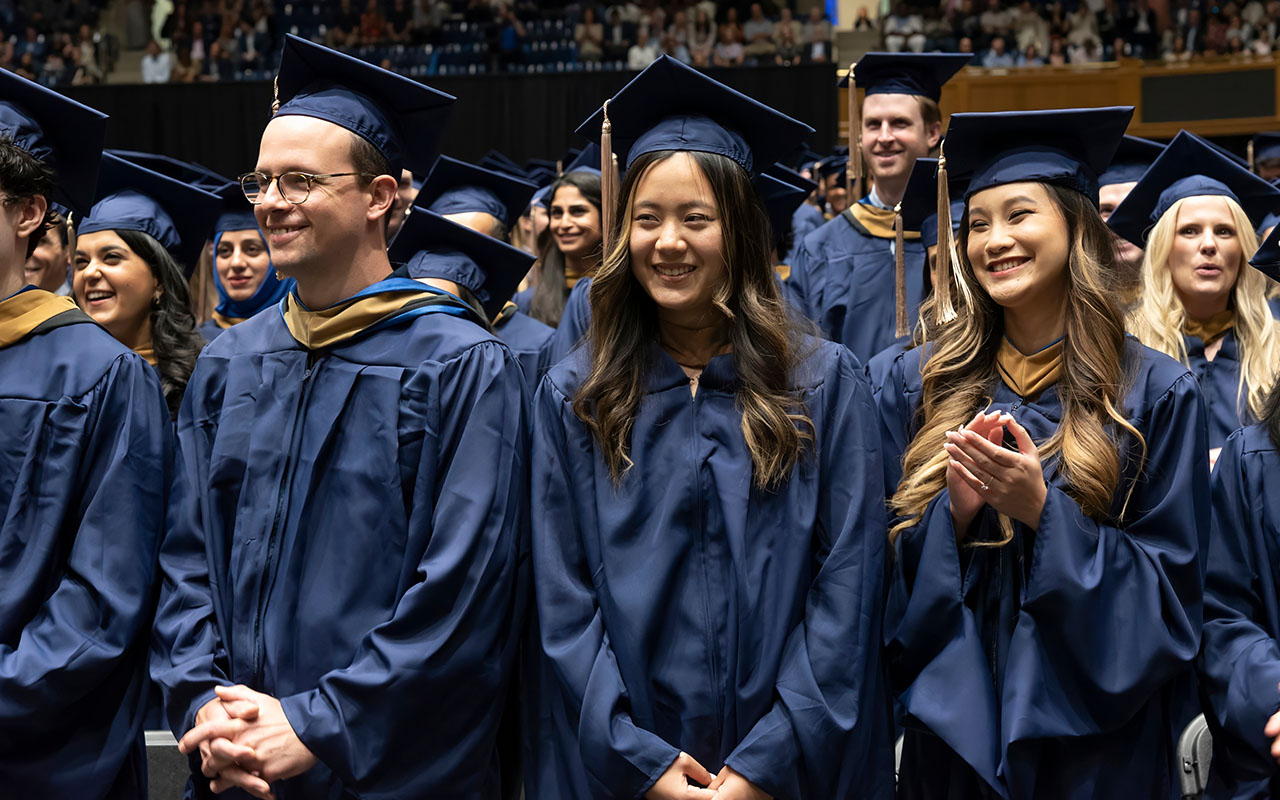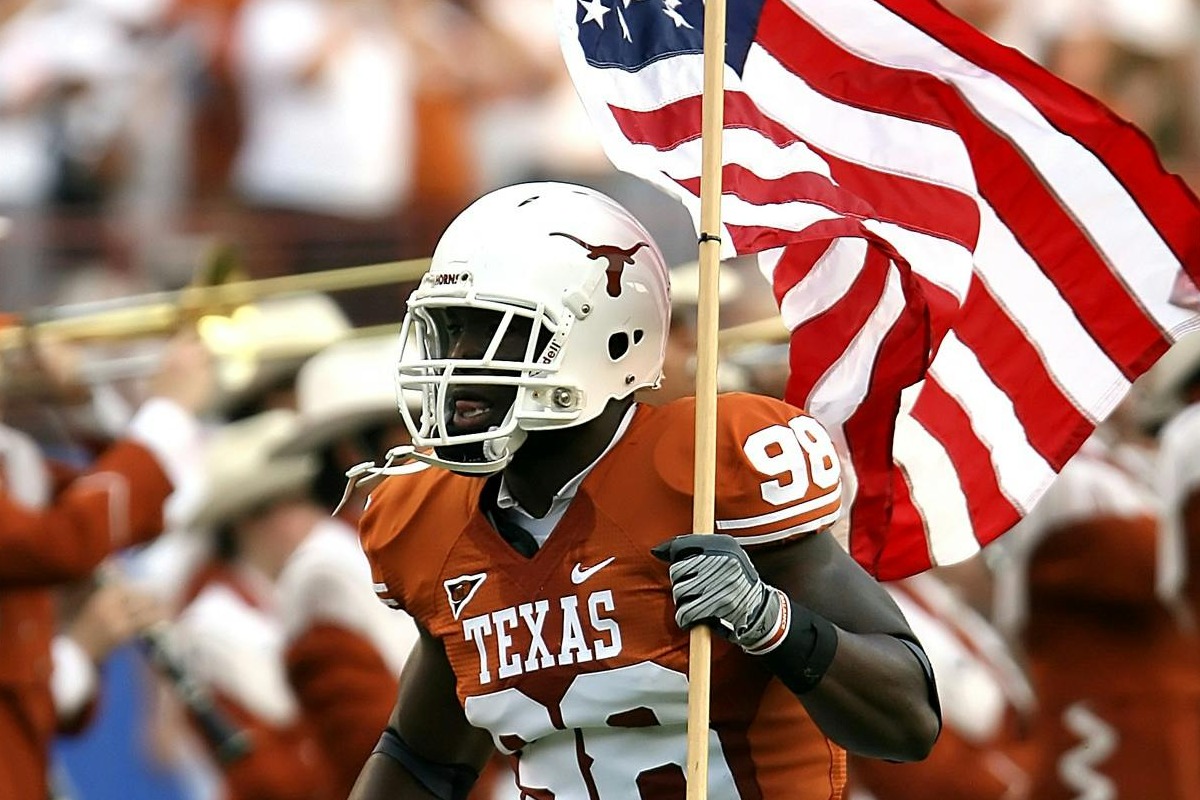Fitness
A moment that changed me: I thought fitness was my superpower. Then I realised it was a ball and chain

I have Jane Fonda to thank for my fitness “discovery” in the late 1980s. Still in my teens, I wore through the carpet doing her workout videos in front of the TV. I also spent hours ploughing up and down the pool at the local leisure centre and honing my muscles at the gym.
I always regarded fitness as my superpower. Something that I worked hard at, for sure, but something that gave me kudos. Keeping fit – I mean, really fit – seemed to me an admirable and noble pursuit. I could fit into nice clothes easily. I could push my body and trust it not to fail. Whatever other qualities I didn’t possess, whatever I wasn’t good enough at, I could walk into a gym or toe a start line for a race and pass muster.
I trained to be a personal trainer, so I could guide others to their “fitness goals”. But it was running that really got me, quickly becoming part of my identity. I ran my first marathon aged 22 – and went on to become a coach, write books about running and host running retreats.
Running may look like freedom, but it can also be about control. Distances must be covered, paces maintained, pounds shed, personal bests (PBs) bettered. I now see that latching on to the pursuit of fitness so young was a way of imposing control on my body, of searching for approval and bringing order to my unravelling family life. It worked, too. But it also became a habit.
Like a magic suit, a fit body protects you from others’ scorn, as well as worries about the usual concerns of ageing, such as weight gain and failing health. But it takes time, energy and discipline to achieve and maintain such a body, requiring rules and restraint that can be life-limiting and reek of patriarchal control.
I was in thrall to fitness for three decades. But, when lockdown happened, when gyms, athletics tracks, swimming pools and running clubs closed, when sporting events were cancelled, when I was limited to solitary runs, a feeling crept over me. What was it all for?
One day, in that endlessly glorious spring, I was running along the riverbank. Running had begun to feel joyless and unusually laboured. That point, a few miles in, when you can step aside from the physicality of the endeavour and just let it happen was proving elusive. I was present, every jarring, heavy-footed step of the way, my cadence spelling out what for, what for, what for? I tried to push through it – until, suddenly, neither my body nor my brain could find a reason to carry on. I slowed to a walk. I stopped my watch. I sat down and had a little cry, the sweat drying on my back. Then I walked home.
It wasn’t a one-off. While I continued to go through the motions, my dedication to fitness felt increasingly hollow. And, frankly, shallow. As Sarah Donaghy said, when I interviewed her about Food Bank Run: “Running can be a solitary – even selfish – endeavour, with its focus on individual performance and PBs.”
While I struggled on throughout that summer, squeezing myself into running like a garment that no longer fitted, I began to regard it as a ball and chain, a drain on my resources. This was a big inconvenience for someone whose career was largely built around running.
Eventually, I could no longer ignore the questions my body and mind were raising. My search for answers led me to reconsider not just my attitude to my body and to running, but to life itself. To finding meaning and purpose, to achievement and ageing and to that ultimate finish line, mortality.
Ageing, without doubt, played its part in this shift. I turned 50 in 2019, and I was beginning to realise that the absence of new PBs wasn’t some kind of temporary blip – it was terminal. Try as you might, you cannot compete with the 30-year-old you, or the 40-year-old you. If running is no longer about improvement, achievement, what can it be, I wondered. What am I getting out of it? What am I putting in? Is there something else I should be doing instead?
For many, this is the point where age grading comes to the fore – many people get great pleasure from being “good for your age”. A part of me has great admiration for the 80- to 90-year-olds training for Masters competitions and pursuing every possible marginal gain. But, as the planet and its human and non-human inhabitants face climate breakdown and all the injustice, inequality, exploitation and loss that comes with it, I can’t help wondering if all that energy could be put to better use.
I stopped running altogether for a while, and was appalled when I could no longer fit into some of my clothes. The shame of my expanding, softening body almost lured me back in, but, once again, my body rebelled, voting, quite literally, with its feet. “Don’t want to slip back into being governed by running,” I wrote in my diary. “Do you really want to be the same person you were a year ago, five years ago, instead of moving forward?”
Four years on, I am less fit than I was. I cannot assume the same protective benefits of fitness on my health. I can’t automatically pick up size 10 garments, nor assume that I can do parkrun in under 22 minutes. Not being able to do these things any longer feels uncomfortable – as uncomfortable as having a visible tummy. But there are benefits, too. All that energy I poured into fitness for three decades is mine again. I think more, I notice more, I write more, I have wider interests. I finished a part-time MA last year, and I volunteer in conservation work. I am more aware of the world around me, good and bad.
In his essay How to Live With Dying, the philosopher and lifelong avid runner John Kaag writes how a cardiac arrest, minutes after finishing a punishing treadmill run, changed his perspective on life. “At a certain point, going the extra mile does not make you a better athlete. It just makes you an idiot,” he says.
There’s still the odd pang for my old fitness level, my former body – and even for the rigours of the pursuit itself. But, whatever I may have lost, I’ve gained so much more. “In the end,” writes Kaag, “most of us wish we’d spent less time on the treadmill, whatever form it might take.”










